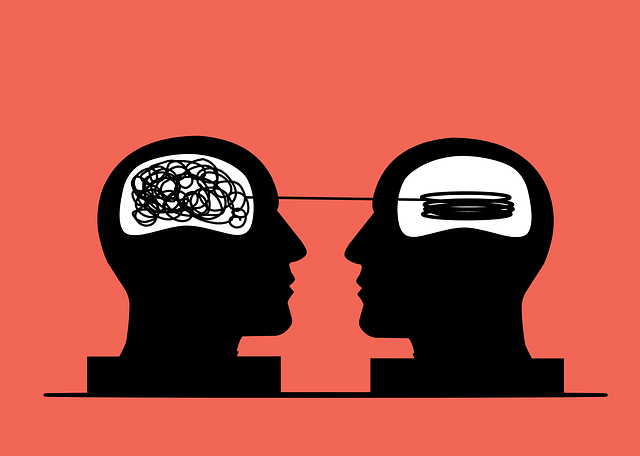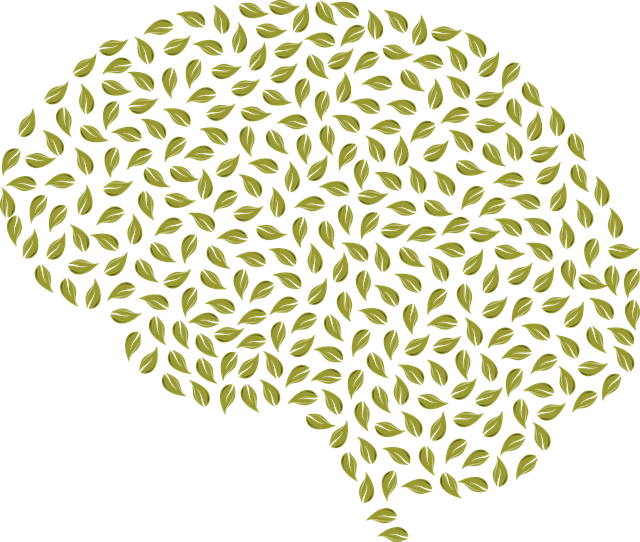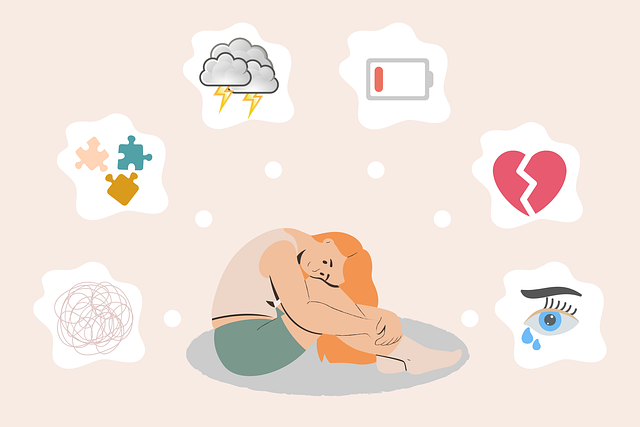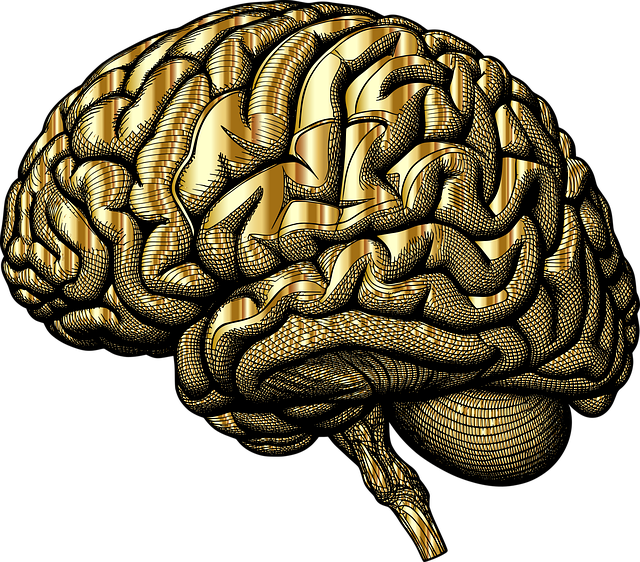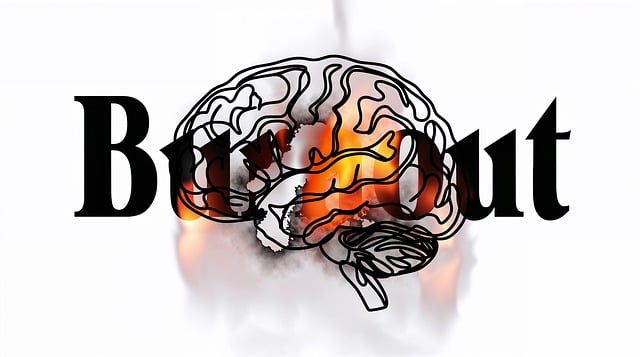Anxiety disorders, globally prevalent, demand understanding & effective management through Broomfield Mental Health Evaluations. These evaluations diagnose specific anxiety types using questionnaires & interviews, identifying underlying issues like past traumas. Personalized therapy plans, including cognitive-behavioral therapy (CBT) and mindfulness, are tailored based on findings. Broomfield Mental Health Evaluations promote holistic recovery by addressing root causes, enhancing self-esteem, stress management, and mental well-being through a comprehensive approach that includes self-care strategies for both individuals and professionals.
“Anxiety is a prevalent condition that can significantly impact daily life, but effective management techniques can empower individuals to take control. This comprehensive guide explores various strategies to combat anxiety, offering insights from Broomfield Mental Health Evaluations, which highlight the importance of understanding anxiety disorders and their diagnostic criteria. We delve into therapeutic approaches, including evidence-based therapy methods, and practical self-care tips for a holistic approach to managing anxiety at home. Discover how these techniques can transform your well-being.”
- Understanding Anxiety Disorders: Symptoms and Diagnostic Criteria (Broomfield Mental Health Evaluations)
- Therapeutic Approaches for Effective Anxiety Management
- Practical Self-Care Strategies to Combat Anxiety at Home
Understanding Anxiety Disorders: Symptoms and Diagnostic Criteria (Broomfield Mental Health Evaluations)

Anxiety disorders are a common mental health concern affecting millions worldwide. Recognizing and understanding the symptoms is crucial for effective management and treatment. The Broomfield Mental Health Evaluations offer a structured approach to diagnosing anxiety, providing therapists with valuable insights into an individual’s experiences. These evaluations assess various symptoms, including excessive worry, fear, restlessness, and physical manifestations like rapid heartbeat or insomnia.
Through comprehensive questionnaires and clinical interviews, professionals can identify specific types of anxiety disorders such as generalized anxiety disorder (GAD), panic disorder, social anxiety disorder, and more. Each disorder has unique characteristics and diagnostic criteria, ensuring tailored therapy approaches. For instance, Broomfield’s evaluations might uncover underlying factors like past traumas or low self-esteem, which can be addressed alongside the primary anxiety treatment, fostering a more holistic recovery process and boosting confidence and self-esteem.
Therapeutic Approaches for Effective Anxiety Management

Anxiety management is a multifaceted approach, and various therapeutic techniques have proven effective in addressing this common challenge. One crucial aspect is Broomfield Mental Health Evaluations, which involve comprehensive assessments to understand the underlying causes and triggers of anxiety. These evaluations are instrumental in tailoring personalized treatment plans, encompassing evidence-based therapies such as cognitive-behavioral therapy (CBT) and mindfulness practices. CBT helps individuals identify and challenge negative thought patterns, while mindfulness promotes present-moment awareness, offering powerful tools for managing anxious symptoms.
The Risk Assessment for Mental Health Professionals plays a vital role in ensuring the safety and effectiveness of treatment. By incorporating strategies that consider cultural sensitivity in mental healthcare practice, therapists can create inclusive environments, catering to diverse needs. This approach not only enhances stress management but also fosters trust and engagement, enabling individuals to embark on their journey towards better mental well-being.
Practical Self-Care Strategies to Combat Anxiety at Home

Managing anxiety at home can be a powerful tool for individuals seeking to improve their mental well-being. Engaging in practical self-care strategies is an effective way to combat anxiety and promote a sense of calm. One of the key aspects is incorporating regular Self-Awareness Exercises into daily routines. These exercises encourage individuals to tune into their thoughts, emotions, and bodily sensations, allowing them to gain a deeper understanding of their anxiety triggers and patterns. Techniques such as meditation, deep breathing, or journaling can help individuals process their feelings and develop healthier coping mechanisms.
Additionally, creating a structured routine and implementing Risk Management Planning can be immensely beneficial. This involves setting aside dedicated time for self-care activities, ensuring adequate sleep, proper nutrition, and regular physical exercise. By prioritizing these aspects, individuals can reduce the impact of anxiety on their daily lives. For mental health professionals, managing personal burnout is also essential; practicing Self-Awareness Exercises and incorporating effective risk management planning into their workflow can prevent professional burnout, enabling them to provide optimal care for their clients in Broomfield Mental Health Evaluations and therapy sessions.
Anxiety disorders, as evaluated by Broomfield Mental Health assessments, can significantly impact daily life. However, with the right tools and support, managing anxiety is achievable. Therapeutic approaches, such as cognitive-behavioral therapy (CBT) recommended by mental health professionals, combined with practical self-care strategies, offer effective ways to combat anxiety at home. By understanding symptoms, adopting evidence-based practices, and incorporating beneficial self-care habits, individuals can take control of their mental well-being and enhance their quality of life. Remember, seeking therapy through Broomfield Mental Health evaluations is a proactive step towards overcoming anxiety and fostering resilience.





